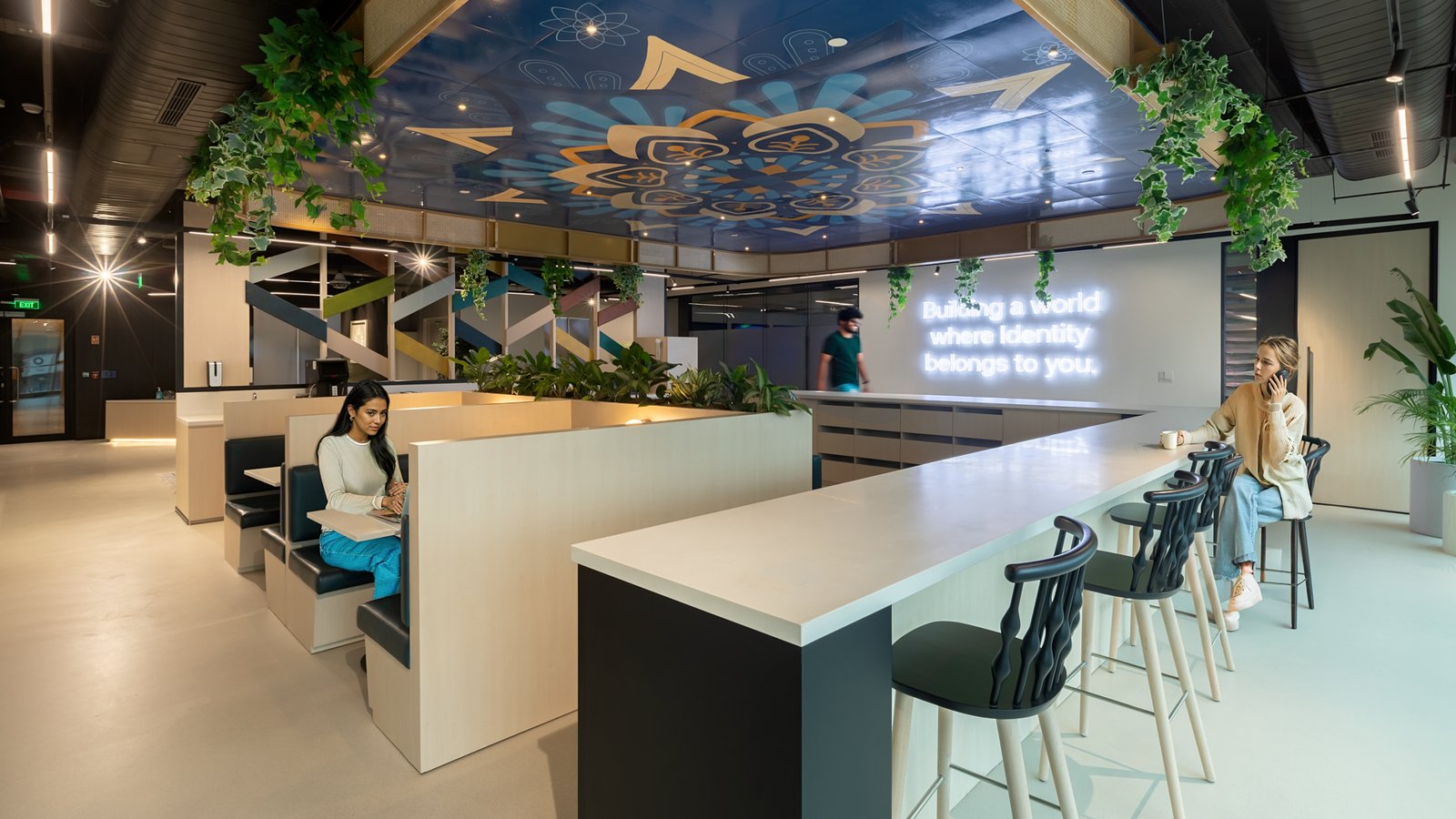Multi-Generational Workplace Design Strategies in India | Swatasiddha Majumdar Speaks to CoreNet Global Part 8

As India moves rapidly into a digital and knowledge-driven economy, its workplaces are becoming more generationally diverse than ever. The simultaneous presence of five distinct age cohorts—Silent Generation, Baby Boomers, Gen X, Millennials, and Gen Z—offers both opportunities and challenges in workplace design and management.
A Workforce Like No Other
With a median age of 28.4, India has one of the world’s youngest workforces, yet older generations remain influential—especially in public sector jobs and family-run businesses. This blend of values, communication styles, and work preferences is reshaping how organizations approach collaboration, leadership, and space design.
Understanding Generational Expectations
- Silent Generation & Baby Boomers value stability, structure, and face-to-face communication.
- Gen X seeks autonomy, flexibility, and work-life balance.
- Millennials crave purpose-driven work, digital tools, and continuous feedback.
- Gen Z, the newest entrants, demand inclusivity, wellness, innovation, and hybrid work options.
Key Trends Transforming the Indian Workplace
- Hybrid Work is the New Normal - A large majority of Gen Z (84%) and Millennials (79%) expect flexible or hybrid work arrangements.
- Technology as Both Bridge and Barrier - AI tools and cloud platforms are leveling the playing field, but older workers need support to keep pace.
- Wellness and Human-Centric Design - From meditation rooms and nap pods to biophilic design, companies are creating healthier, more inclusive environments.
- Diversity, Equity, and Inclusion (DEI) - While age is rarely part of DEI policies (only 8% of Indian companies include it), leading firms are expanding benefits to suit all life stages.
 Wellness Room @HPX Sydney
Wellness Room @HPX Sydney
Challenges in a Multi-Generational Workforce
- Communication gaps across cohorts can lead to misunderstandings.
- Motivational differences, with older employees focused on job security and younger ones prioritizing purpose and growth.
- Technology adoption disparities, especially in tier-2/3 cities.
- Generational friction if companies don’t foster trust and collaborative culture.
Designing Workplaces That Work for Everyone
Majumdar outlines a comprehensive framework for inclusive design:
- Space Planning: Flexible work zones, hybrid-ready infrastructure, and accessible amenities.
- Policy & Culture: Tailored benefits, flexible hours, and recognition strategies for different age groups.
- Learning & Collaboration: Reverse mentoring, continuous learning, and diverse team structures.
- Communication: Multi-channel platforms and regular, real-time feedback.
Indian Companies Leading the Way
- Tata Consultancy Services: Encourages intergenerational mentoring via its iConnect platform.
- Kotak Mahindra Bank: Pioneers reverse-mentoring, with Gen Z teaching digital tools to senior leaders.
- Infosys: Offers inclusive spaces like quiet zones and wellness centers.
- Unilever India: Introduced a “cafeteria” approach to employee benefits.
 Tata Consultancy Services
Tata Consultancy Services
The Road Ahead
To thrive, Indian workplaces must:
- Embrace digital transformation with AI and immersive learning tools.
- Prioritize sustainability and social responsibility.
- Foster human-centric, universally accessible design.
- Develop succession plans that honor both experience and fresh ideas.
Unispace Art for Impact Campaign: Casa Congo x Las Tejedoras
Final Thought
India’s multi-generational workforce is a strength—not a stumbling block. The future belongs to workplaces that harmonize tradition with innovation, ensuring every generation feels valued, supported, and empowered to contribute.
“India’s workplaces of tomorrow will be those that harness the wisdom of the past, the energy of the present, and the vision of the future—creating spaces where every generation thrives.”
– Sid Majumdar, Unispace
About Swatasiddha Majumdar, Principal, Strategy, India

Swatasiddha Majumdar is the Principal, Strategy at Unispace India, a global design and build firm that specializes in workplace strategy, design, project management, and construction. With over two decades of professional experience, Swatasiddha leads the strategic initiatives at Unispace, where he focuses on architecture, workplace strategy, and project integration management.
He holds a Bachelor of Architecture & Planning from the Indian Institute of Technology, Roorkee (1996-2001) & Postgraduate in Advanced Programme in Product Marketing from Indian Institute of Management, Calcutta.
Follow Swatasiddha Majumdar on LinkedIn.









-2.jpg?width=383&height=348&name=Conoco_Phillips_Unispace_Finbarr_Fallon_04%20(1)-2.jpg)
